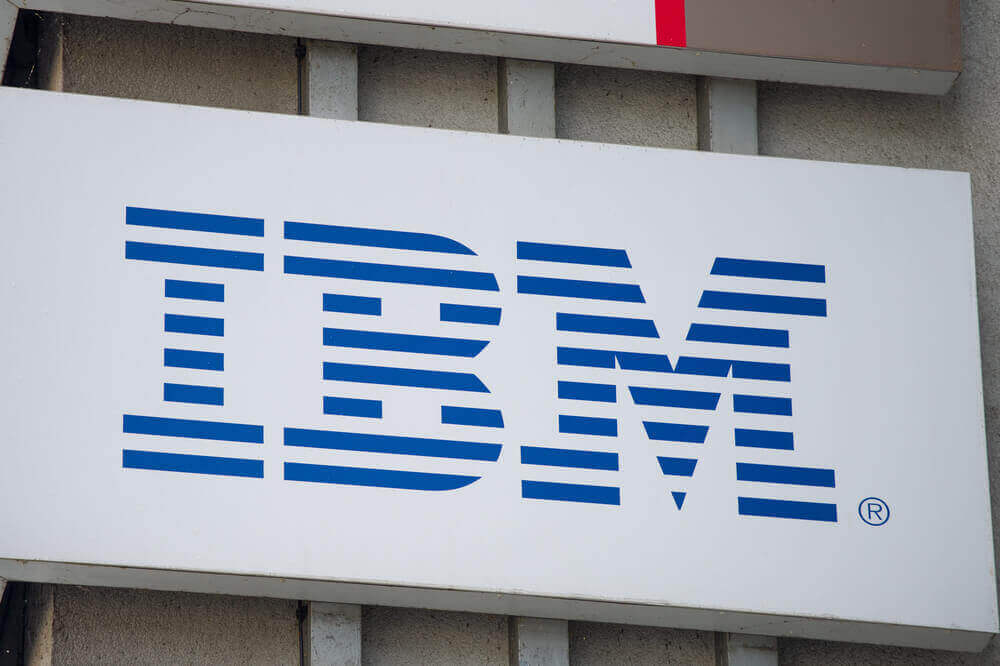
TrustChain: IBM, Jewelry Companies to Create Blockchain Tech
International Business Machines Corp is partnering with jewelry companies, including Berkshire Hathaway’s Richline Group Inc, to create blockchain technology.
The project is known as TrustChain Initiative. It is a partnership of precious metals refiner Asahi Refining, jewelry retailer Helzberg Diamonds, precious metals supplier LeachGarner, jewelry manufacturer the Richline Group, and independent verification service UL. Other industry players may join the initiative as well, said Jason Kelley, general manager for blockchain services at IBM.
In addition, TrustChain will use IBM blockchain tools to allow anyone in the supply chain, and eventually the customer, to verify the provenance of the rings.
The tech allows the companies to track and authenticate gems and precious metals from their place of origin to their retail location.

It provides “digital verification, physical product and process verification, and 3rd-party oversight.” And its aim is to assure customers that their jewelry purchases are ethically sourced.
“Consumers care deeply about the quality and source of the jewelry they purchase,” said Bridget van Kralingen, IBM Senior Vice President of Global Industries, Platforms, and Blockchain. “This is evidenced by the fact that 66% of consumers globally are willing to spend more to support sustainable brands.”
“TrustChain is an example of how blockchain is transforming industries through transparency and viable new business models that specifically benefit the consumer,” she added.
Furthermore, the initiative has already tracked 6 styles of diamond and gold engagement rings. Consumers will be able to view information about the source and movement of their jewelry in the future.
TrustChain jewelry is expected to be accessible to consumers by the end of 2018.
“We’re excited about this,” said Kelley. “It’s not just one of these players. A miner, a refiner, a manufacturer, it’s each one of them. Now you have them working together and sharing data in a common blockchain for the enterprise.”
Blockchain and TrustChain
IBM Services built TrustChain on open source technology. It was also based on IBM Blockchain and the Hyperledger Project.
Furthermore, TrustChain uses distributed ledger technology that establishes a shared, immutable record of all the transactions that occurred within a network. Then, it enables permissioned parties access to trusted data in real time.
“It takes all of the parties to validate a given transaction,” Kelley said. “We accelerate the process in going from paper documents to a digital record.”
Richline Group had previously tried to develop a similar database using different technology. However, the process was still heavily manual and prone to inaccuracies, according to Mark Hanna, Richline’s Chief Marketing Officer.
“We were always very enamored with it but there wasn’t the right platform,” Hanna said. “Then along came blockchain.”
Companies in other industries are seeking to adapt blockchain help simplify and reduce the costs of data processes.
Supply chain management is one of the areas where businesses believe blockchain seems perfect. That is because it involves numerous parties and still manual.
Similarly, IBM is working with Walmart in its live food business. Where it used to take 7 days to verify in the food chain, it can now be done in 2 seconds, Kelley said.
“This is for industries that have trust and visibility as a priority,” he said.




